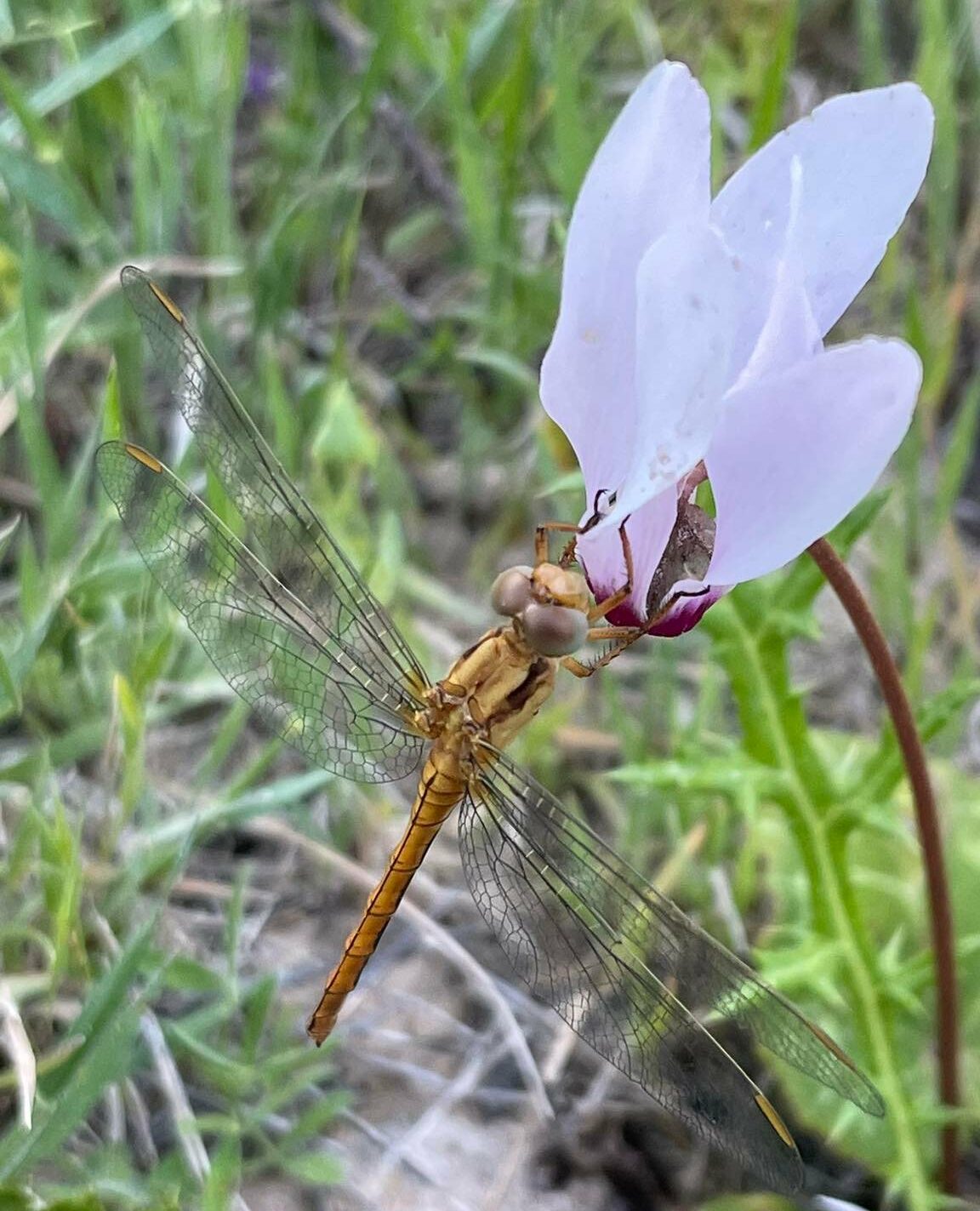With the presence of eighty scientists from 23 countries, the first ever conference on dragonflies was completed in Cyprus. The World Congress of Odontogonata (Dragonflies), known in Cyprus as Helicoptera, is held every two years, and this year took place in Paphos from 25 June to 3 July.
During the conference, participants presented papers covering various areas such as evolution and genetics, conservation actions and the impact of climate change on dragonflies.
According to the Congress Organiser, Dr David Sparrow, the impact of climate change on Cyprus dragonflies is very obvious. Cyprus has a mixture of heat-loving dragonflies, including some mainly African and tropical Asian species, which are increasing in abundance here, and species which prefer cooler conditions and are mainly found in Europe. These are decreasing and retreating to higher altitudes.
Cyprus’ position at the meeting point of three continents makes it a fascinating place to hold the congress.
Cyprus is also representative of the environmental challenges facing much of the Mediterranean and the Levant, notably the decline in fresh, flowing water habitats.
As well as four conference days, the scientists spent four days in the field, visiting a variety of habitats to see many of Cyprus’ 37 species of dragonflies.
ICO2023 is organised by the Cyprus Dragonfly Study Group and Terra Cypria (the Cyprus Conservation Foundation) in conjunction with the World Dragonfly Association, and is hosted by Neapolis University.
ICO stands for International Congress of Odonatology. World congresses are held every two years, in different countries and on different continents.




